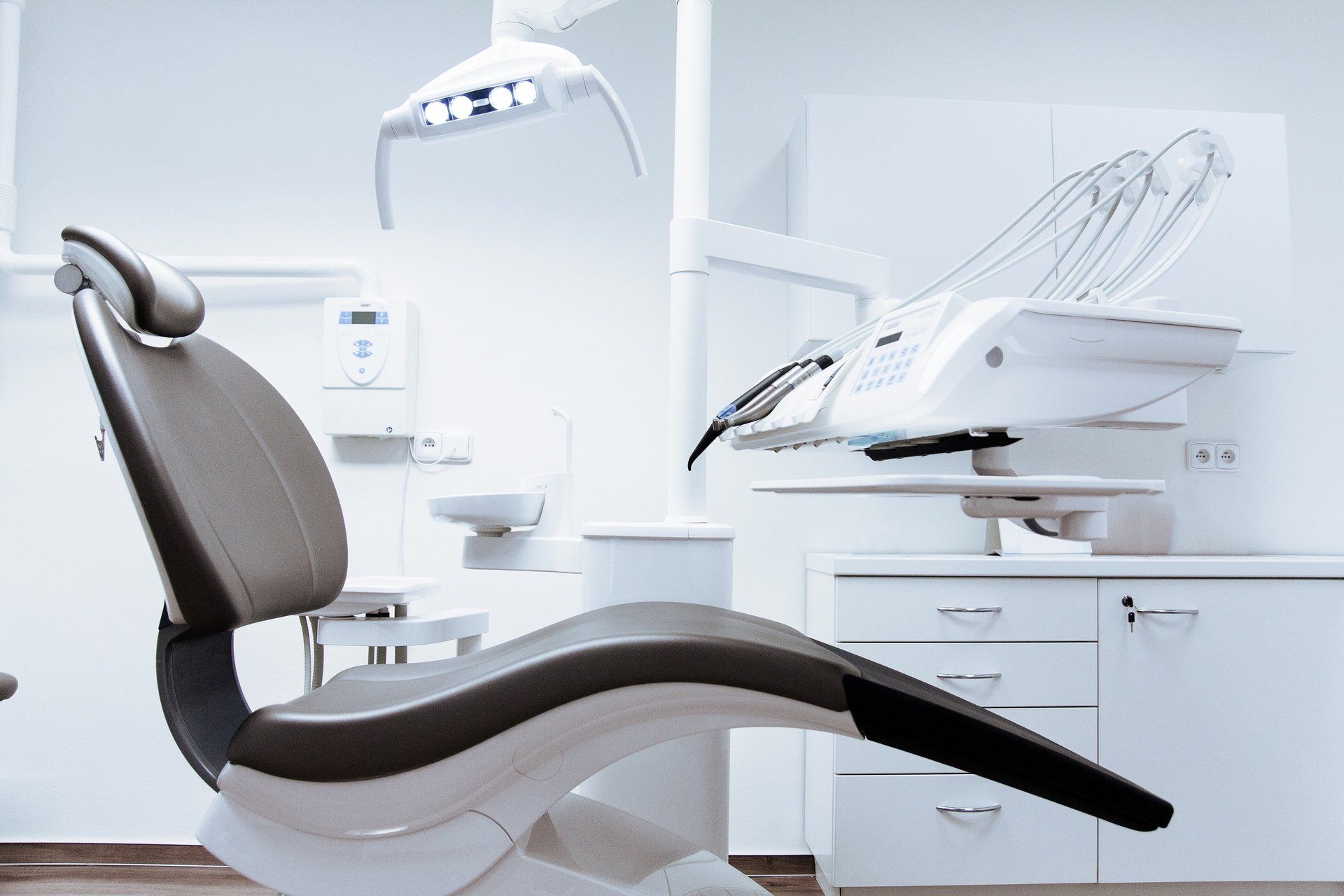Understanding Dental Office AED Requirements in Illinois
Automated External Defibrillators (AED) save tens of thousands of lives every year. Many of those instances involve first responders, physicians, and hospital personnel. But a significant number of people – one estimate is 1700 individuals annually – are revived and spared from the worst consequences of a cardiac arrest by bystanders and other non-professionals who have access to an AED in a public location.
The life-saving capabilities of AEDs are the reason that Illinois is one of several states that has passed legislation requiring that AEDs be installed or available at specific types of facilities and businesses and that employees at those locations be trained in the use of these devices. This includes almost every dental office in the state.
Dental Offices Must Take “Reasonable Measures” To Have a “Trained AED User” On Duty
In addition to requiring that all dental offices develop and implement an emergency medical plan, Section 44.5 of the Illinois Dental Practice Act also provides that “All dental offices that administer anesthesia or sedation… must contain at least one automated external defibrillator (AED) on the premises at all times.”
While the Dental Practice Act does not contain any specific requirements as to training staff in the use of an AED, the state’s broadly applicable
Automated External Defibrillator Act (AED Act) mandates that any entity acquiring an AED must take reasonable measures to ensure that “The automated external defibrillator is used only by trained AED users.”
As defined in the AED Act, a “trained AED user” is:
“A person who has successfully completed a course of instruction in accordance with the standards of a nationally recognized organization such as the
American Red Cross or the
American Heart Association or a course of instruction in accordance with the rules adopted under this Act to use an automated external defibrillator, or who is licensed to practice medicine in all its branches in this State.”
Accordingly, all Illinois dental offices (that administer anesthesia or sedation) must have at least one person on staff who is a “trained AED user” as defined above. Since the AED Act requires that dental offices take reasonable measures to ensure that the AED be used only by a trained user, there should ideally be more than one trained individual on a dental office’s staff such that there is always a trained staff member on duty when patients are being seen and treated.
The AED Act and corresponding regulations also set forth requirements as to the maintenance and testing of AEDs, registration with local EMS System Resource Hospitals, and other reporting obligations. If you have questions or concerns about AEDs or AED training for your dental office staff, please contact Grogan Hesse & Uditsky today.
We focus a substantial part of our practice on providing exceptional legal services for dentists and dental practices, as well as orthodontists, periodontists, endodontists, pediatric dentists, and oral surgeons. We bring unique insights and deep commitment to protecting the interests of dental professionals and their practices and welcome the opportunity to work with you.
Jordan Uditsky, an accomplished businessman and seasoned attorney, combines his experience as a legal counselor and successful entrepreneur to advise dentists and other business owners in the Chicago area. Jordan grew up in a dental family, with his father, grandfather, and sister each owning their own dental practices, and this blend of legal, business, and personal experience provides Jordan with unique insight into his clients’ needs, concerns, and goals.
Speak to an Attorney






